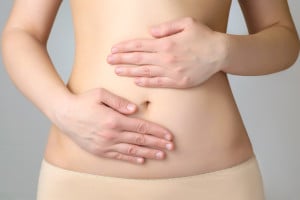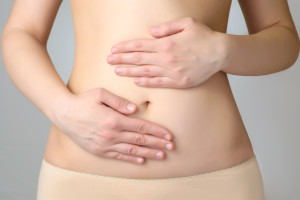
 Endometriosis is a condition where the uterine lining (endometrium) is found outside the uterus. It is a common, chronic disease that typically presents with pelvic pain, infertility or an ovarian cyst.
Endometriosis is a condition where the uterine lining (endometrium) is found outside the uterus. It is a common, chronic disease that typically presents with pelvic pain, infertility or an ovarian cyst.
Classical studies suggested that 25% to 50% of infertile women have endometriosis and that 30% to 50% of women with endometriosis are infertile. Infertile women are 6 to 8 times more likely to have endometriosis than fertile women. Among women with pelvic pain, 30 to 80% will have endometriosis.
There is a definite association between endometriosis and infertility. However, it is not clearly established that endometriosis always causes infertility. Most specialists will agree that there is a causal relationship between the two in patients with severe endometriosis who have significant amounts of scar tissue or whose pelvic organs are distorted by growths or cysts. In these patients, surgery will improve the chances of pregnancy.
Several relationships between endometriosis and infertility have been proposed:
If you have endometriosis and IVF or laparoscopy has been discussed as an infertility treatment, learn the details of both options before before deciding which treatment may be best for you.
To see a fertility specialist who has been treating patients with endometriosis-associated infertility for many years, make an appointment at one of InVia’s four Chicago area fertility clinics.

Dr. Karande is Board Certified in the specialty of Obstetrics and Gynecology as well as the subspecialty of Reproductive Endocrinology and Infertility. He is a Fellow of the American College of Obstetricians and Gynecologists and Member of the American Society for Reproductive Medicine.
Subscribe to our weekly blog digest

Entire Website © 2003 - 2020
Karande and Associates d/b/a InVia
Fertility Specialists

Comments